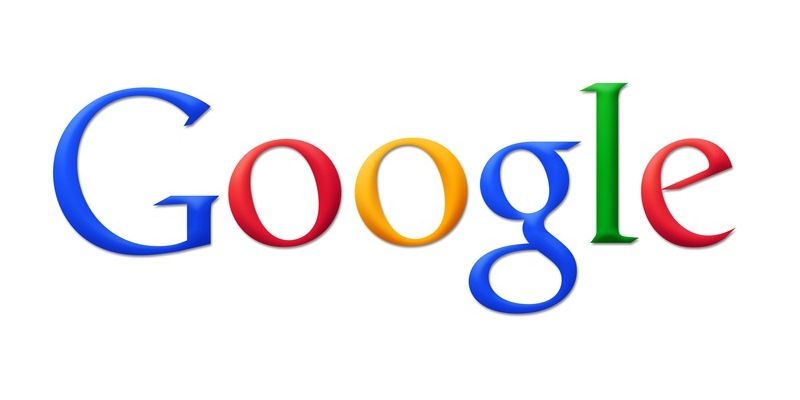
Replacing cookies with an AdID would presumably eliminate the personally identifiable information that consumers now pass freely to most websites they visit. According to a source familiar with Google’s plan cited by USA Today, “The AdID would be transmitted to advertisers and ad networks that have agreed to basic guidelines, giving consumers more privacy and control over how they browse the web.”
Apple Inc. (NASDAQ: AAPL) has blocked third-party cookies ever since the 2003 introduction of its Safari browser, and it introduced its own ad identifiers on its iOS mobile operating system in 2012.
There is a lot packed into that sentence. Perhaps most important from an advertiser’s point of view is the value of highly targeted ad delivery. As opposed to the mass audience targets of print and TV advertising, websites like Google and Yahoo! Inc. (NASDAQ: YHOO) have offered a far more granular approach to getting a message to a user. Anything that might water down that approach will be a hard sell to advertisers.
With Apple already using ad identifiers and Google apparently considering it, advertisers are getting nervous. If Google joins Apple, two of the most powerful companies in the tech world will be even more powerful. Advertisers worry that this state of affairs will jeopardize billions of advertising dollars. For Google, though, and probably Yahoo!, hacking billions of dollars from ad revenues is not in their best interests.
Thank you for reading! Have some feedback for us?
Contact the 24/7 Wall St. editorial team.





